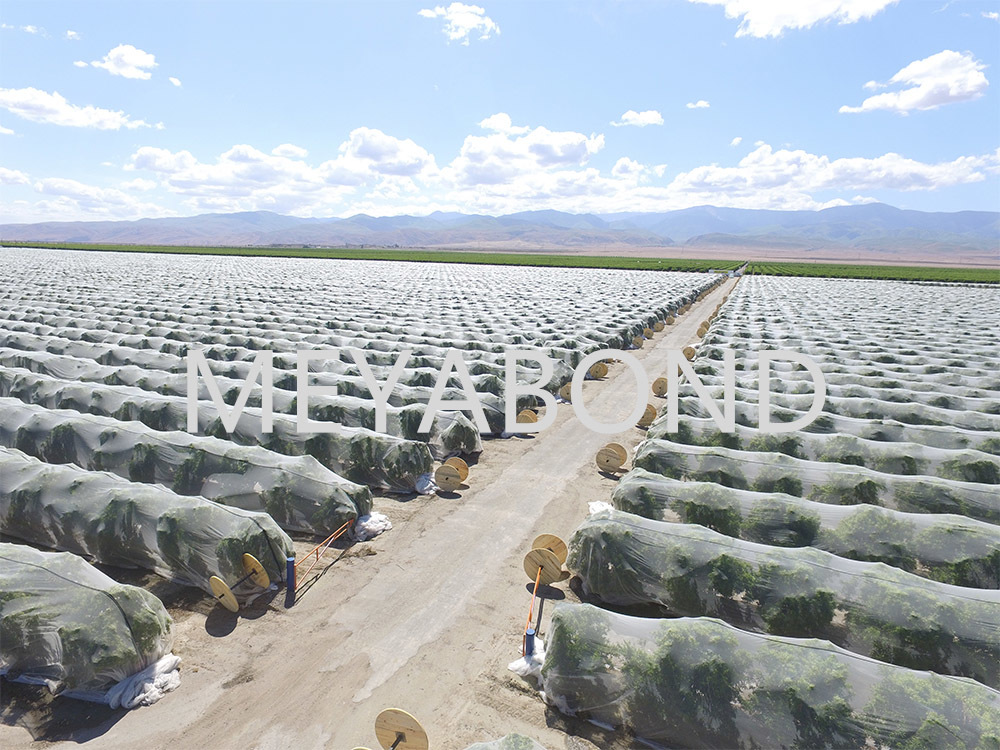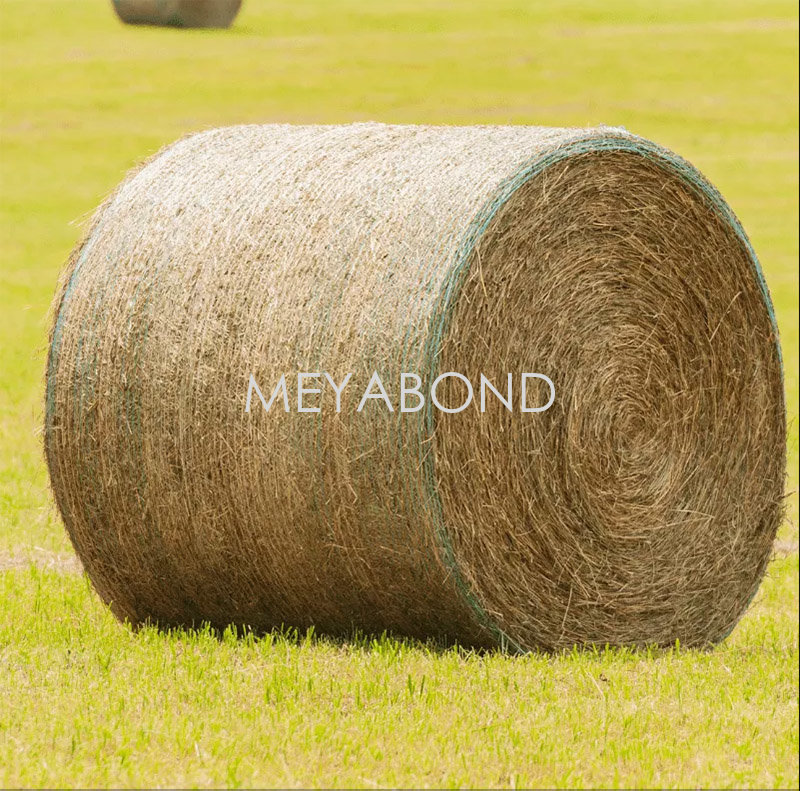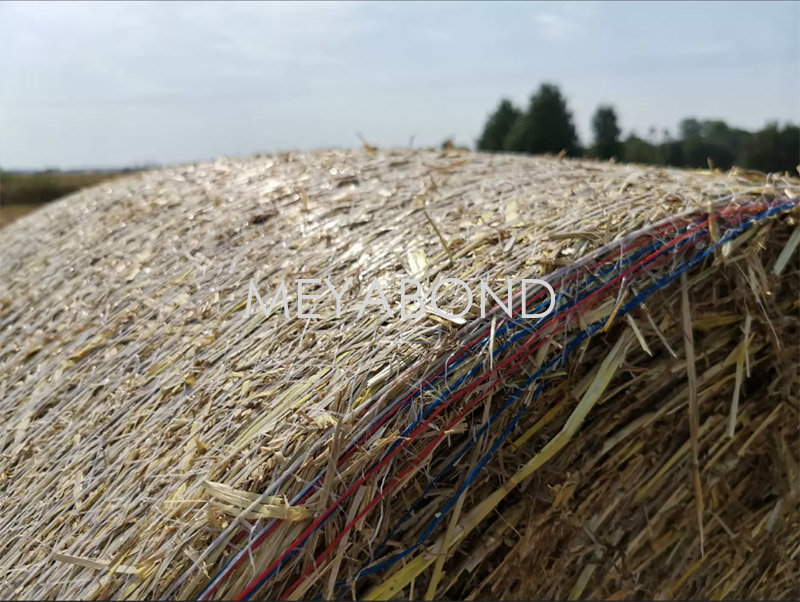The Ultimate Guide to Choosing the Right Hay Bale Net Wrap: Maximize Your Hay Quality and Efficiency
The Ultimate Guide to Choosing the Right Hay Bale Net Wrap
Introduction: Understanding Hay Bale Net Wrap
In the agricultural sector, **hay bale net wrap** plays a vital role in preserving the quality of hay during storage and transportation. As farmers strive to ensure their livestock receive high-quality feed, selecting the right net wrap becomes crucial. This guide delves into the various aspects of choosing an optimal hay bale net wrap, helping you make informed decisions that enhance your farming efficiency.
What is Hay Bale Net Wrap?
Hay bale net wrap is a protective covering used to secure bales of hay. It prevents moisture loss, protects against contaminants, and holds the bales together during handling and storage. Unlike twine, net wrap provides better coverage, reducing the risk of spoilage and ensuring that the hay maintains its nutritional value.
Key Benefits of Using Hay Bale Net Wrap
1. **Enhanced Protection**: Net wrap offers superior protection against moisture, pests, and environmental factors that can degrade hay quality.
2. **Improved Efficiency**: The wrapping process is faster than twine, saving time and labor costs during hay production.
3. **Better Storage**: Net-wrapped bales can be stored outdoors without significant risk of damage, making them ideal for various climates.
Factors to Consider When Choosing Hay Bale Net Wrap
Selecting the right hay bale net wrap involves evaluating various factors that will affect both the quality of your hay and the efficiency of your operation.
1. Type of Material
The material used in net wraps can significantly impact performance. Common materials include:
- **Polypropylene**: Lightweight, durable, and resistant to UV rays and moisture, making it a popular choice among farmers.
- **Polyester**: Offers excellent strength and flexibility but may not be as UV resistant as polypropylene.
2. Size and Dimensions
Hay bales come in different sizes, and selecting the proper net wrap dimensions is crucial. Standard sizes include 48 inch, 60 inch, and larger options to accommodate various bale sizes. Ensure compatibility with your baler to avoid wrap issues.
3. UV Protection
Net wraps with UV protection are essential if you plan on storing bales outdoors. Look for products that specify UV resistance to prolong the life of the wrap and preserve hay quality.
4. Weight and Strength
The strength of the net wrap is critical for maintaining bale integrity. Consider wraps that offer high tensile strength, which can withstand the rigors of handling and transportation without tearing or breaking.
5. Color Options
While color may seem trivial, it can have implications for heat absorption and visibility. Darker colors can absorb more heat, which may be beneficial in colder climates, while lighter colors reflect sunlight, preventing the bale from overheating.
How to Apply Hay Bale Net Wrap Effectively
Applying net wrap correctly is just as important as selecting the right product. Follow these steps for optimal application:
1. Prepare the Baler
Ensure that your baler is set up correctly for net wrap application. Adjust the tension settings according to the manufacturer's specifications.
2. Load the Net Wrap
Load the net wrap onto the baler, ensuring it is properly threaded through the system. Check for any potential obstructions that could hinder the wrapping process.
3. Monitor Bale Formation
As the bales are being formed, monitor the application closely. Make sure the net wrap is evenly distributed around the bale to avoid gaps.
4. Check for Quality
After wrapping, inspect the bales for any signs of inadequate wrapping, such as loose edges or incomplete coverage. Address any issues immediately to prevent spoilage.
Storage and Handling of Wrapped Bales
Once your hay bales are wrapped, proper storage and handling are essential to maintain their quality.
1. Optimal Storage Conditions
Store wrapped bales in a dry, ventilated area to minimize moisture buildup. If outdoor storage is necessary, ensure they are placed on a solid foundation to prevent water pooling.
2. Handling Techniques
Use appropriate equipment for moving wrapped bales to prevent damage. Avoid dropping or dragging bales, as this can compromise the net wrap and expose the hay to moisture.
3. Regular Inspections
Periodically check on stored bales for any signs of damage or moisture infiltration. Early detection can save you from significant losses.
FAQs on Hay Bale Net Wrap
1. How does hay bale net wrap differ from twine?
Hay bale net wrap provides better coverage and protection compared to twine, reducing the risk of spoilage and ensuring higher quality hay.
2. Can I use net wrap on large round bales?
Yes, net wrap is suitable for large round bales, but ensure you choose the correct size and weight for your specific bales.
3. How long can I store wrapped bales?
With proper storage conditions, wrapped bales can be stored for several months without significant loss in quality.
4. Is net wrap biodegradable?
Most net wraps are not biodegradable; however, many companies are developing eco-friendly options. Always check with manufacturers for sustainable choices.
5. What happens if the net wrap tears?
If the net wrap tears, inspect the bale for damage and consider re-wrapping with additional netting to protect the hay from moisture and pests.
Conclusion: Making the Right Choice for Your Farm
Choosing the right hay bale net wrap is crucial for maintaining the quality and longevity of your hay. By considering factors such as material, size, UV protection, and strength, you can select a net wrap that meets your specific needs. Proper application and handling further enhance the effectiveness of your chosen wrap, leading to better hay quality and increased efficiency in your farming practices. As agricultural technology continues to evolve, staying informed about the best products and practices will ensure your farm remains competitive and productive.
Key words:
Related News
CONTACT US
Email: sales8@meyabond.com
Tel: +8618911966213
No.3 Yard, ZhongHe Road, 100071,FengTai District, Beijing, China
Email: sales6@meyabond.com
Tel: +8618911963856
No.3 Yard, ZhongHe Road, 100071,FengTai District, Beijing, China
















